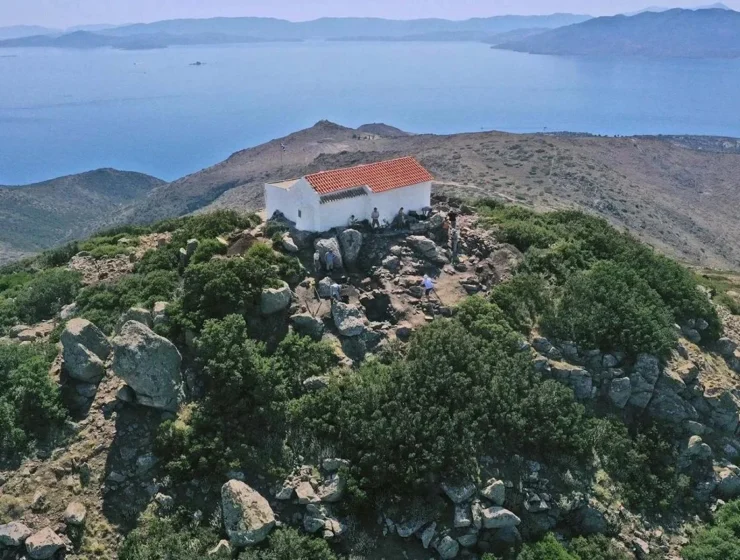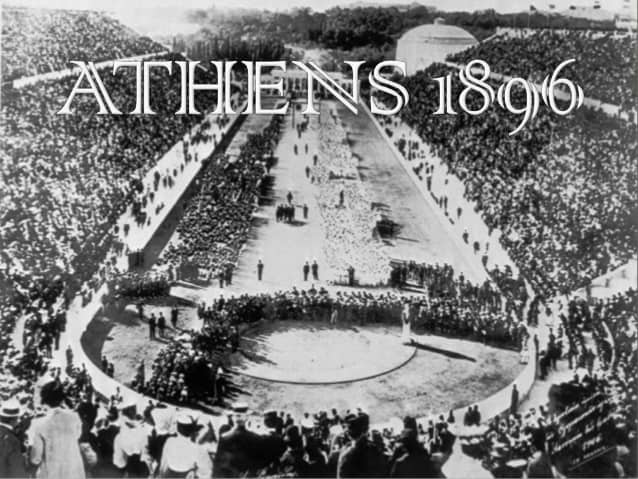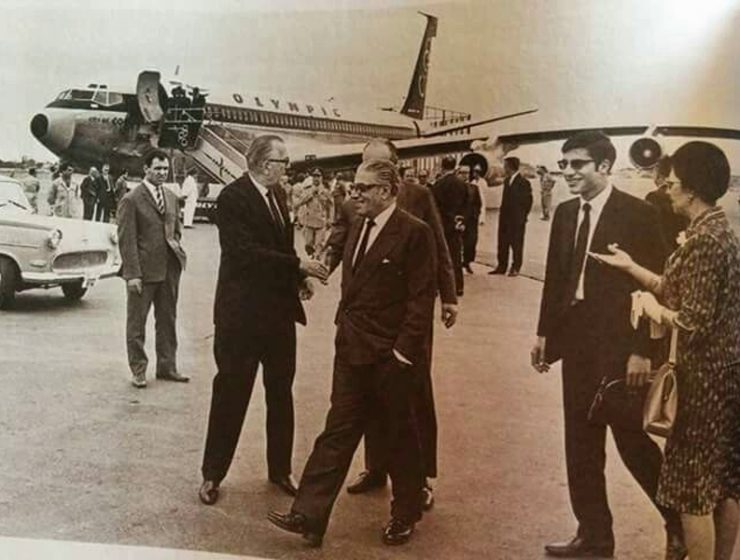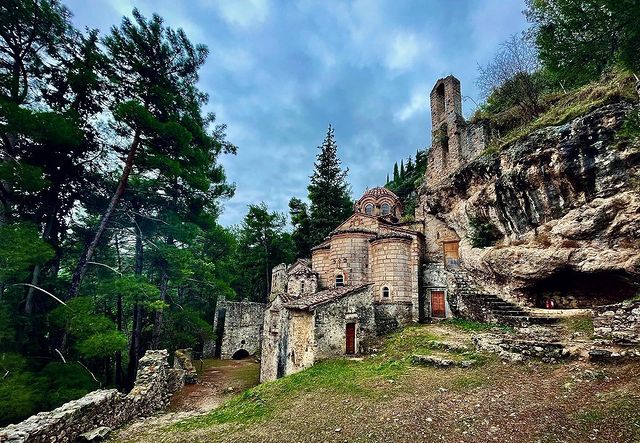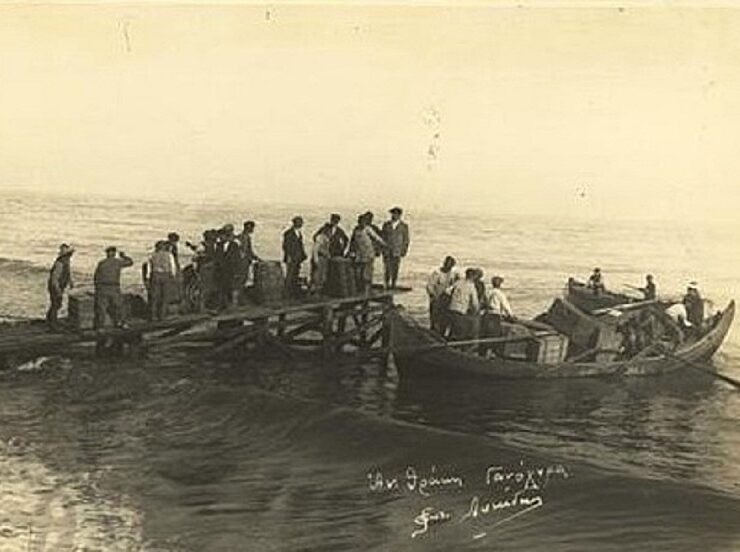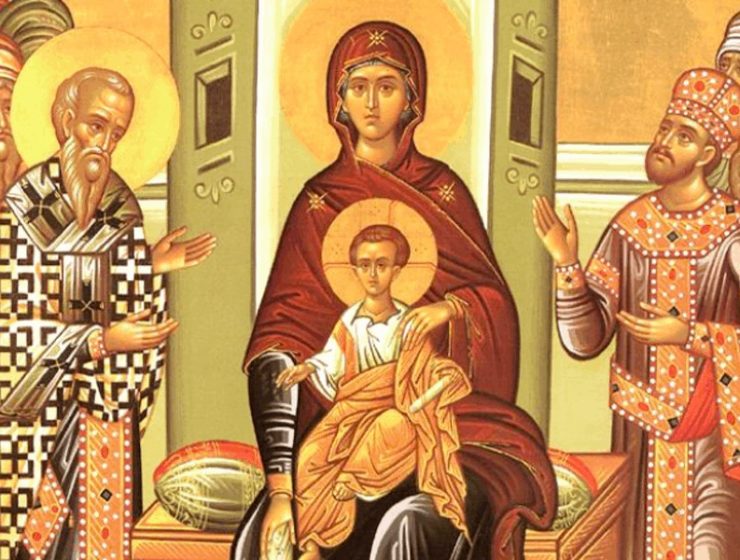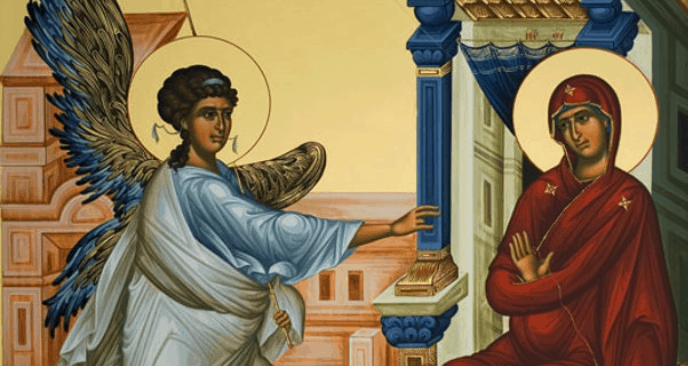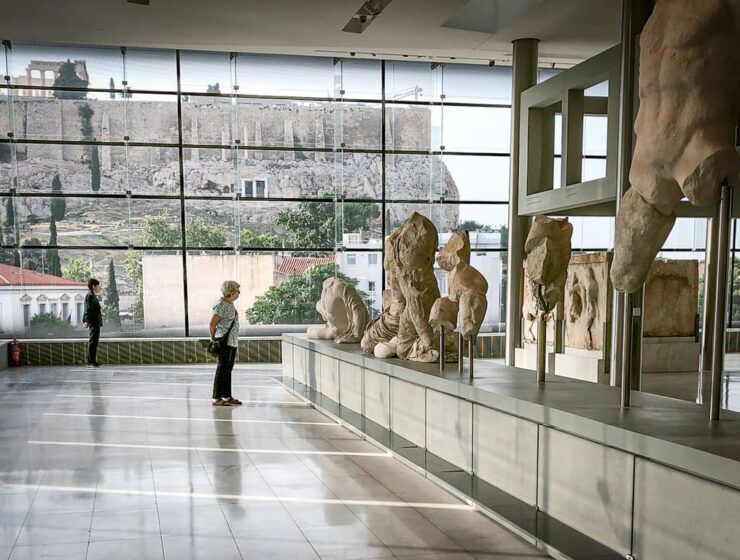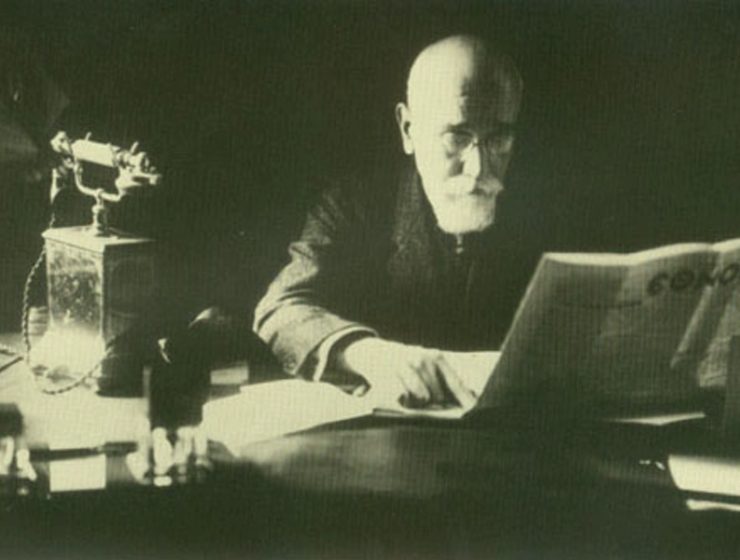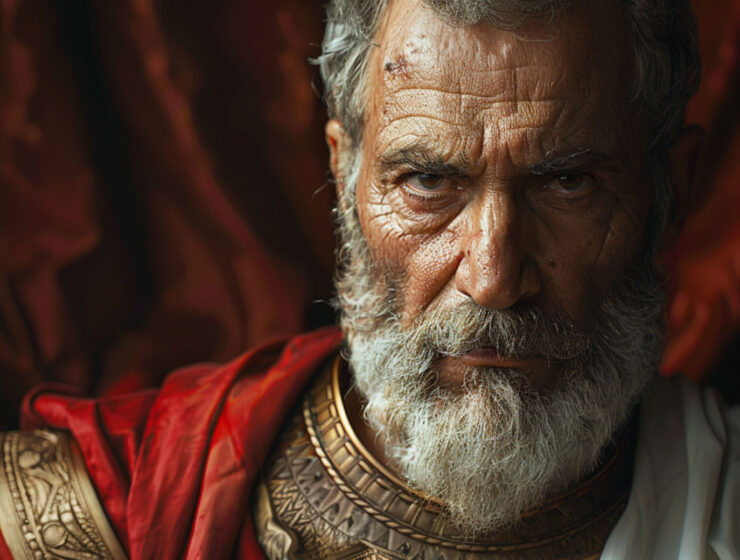Greeks celebrate Greek Independence Day on the 25th of March each year. This is one…
Tag: Greek history
The island of Santorini is about to welcome a major cultural event that shines a light on the powerful, untold stories of women throughout Cycladic history.
A recent excavation on Mount Ellanio, the highest peak on Aegina Island in Greece, has…
On April 6, 1896, the Olympic Games were reborn in Athens, 1,500 years after Roman Emperor Theodosius I banned them in 393 A.D. to curb pagan traditions. At the opening ceremony, King Georgios I of Greece and 60,000 spectators welcomed athletes from 13 nations to the Panathenaic Stadium. The ancient Olympics, first recorded in 776 B.C. at Olympia during a festival honoring Zeus, had thrived for over a millennium, expanding from foot races to include wrestling, chariot racing, and the pentathlon, before their suppression under Roman rule.
On April 6, 1957, Aristotle Onassis acquired Olympic Airways from the Greek government, ushering in what would become known as the “Golden Era” of aviation in Greece. Initially focused on domestic routes, the airline steadily expanded under Onassis’s vision, evolving into one of the world’s premier carriers and linking Greece to destinations across the globe.
The sun dips low over the rugged cliffs of Meteora, casting golden hues across monasteries perched impossibly atop stone pillars, a testament to human devotion since their inscription as a UNESCO World Heritage Site in 1988. Far to the south, the Acropolis of Athens, honored in 1987, stands as an enduring symbol of ancient democracy, its marble columns whispering tales of a civilization that shaped the Western world. From the medieval walls of Rhodes (1988) to the sacred stillness of Mount Athos (1988), Greece’s eighteen UNESCO sites weave a tapestry of history, faith, and artistry, each a chapter in a story spanning millennia.
April 6 marks the beginning of the Greek Genocide by the Ottoman Empire. It was…
The Akathist Hymn is a profound, devotional poem or chant that praises the Holy Mother…
Two Fresh Productions are thrilled to announce that the Greek film Stelios will premiere in…
Prime Minister Anthony Albanese has delivered a heartfelt message on Greek Independence Day, celebrating the contributions of the Greek Australian community to Australia’s rich multicultural identity. Reflecting on the shared history between Australia and Greece, he expressed gratitude for the hard work, dedication, and warmth of Greek Australians, acknowledging their vital role in shaping the modern nation. Albanese also highlighted the deep ties of friendship and culture between the two countries, confident that this year’s celebrations would unite and uplift the Greek Australian community with pride and joy. Zito e Ellas!
President of the Hellenic Republic, Konstantinos Tasoulas addressed Greeks abroad with a heartfelt message ahead…
On March 25, the Greek Orthodox Church celebrates the Annunciation by Archangel Gabriel to the Virgin Mary that she should become the mother of Jesus Christ the Son of God, as today is exactly nine months before Christmas.
Each year on March 25, Greeks worldwide celebrate Greek Independence Day, marking the 204th anniversary of the 1821 uprising against Ottoman rule. This national holiday honors the start of a fierce struggle that ended four centuries of oppression under the Ottoman Empire. From the fall of Constantinople in 1453 to the decisive Battle of Navarino in 1827, Greece’s journey to freedom was shaped by resilience, resistance, and international support. Today, parades and flag-waving from Athens to the global diaspora celebrate a legacy of courage and the enduring spirit of a nation reborn
On Friday, the Acropolis Museum courtyard will host a reading of Homer’s Iliad in modern Greek, marking World Poetry Day with a free event by ERT’s Third Program. From 09:00 to 21:00, Athens University students will recite 12 rhapsodies live, joined by Director Nikolaos Stampolidis and ancient lyre music from Nikos Xanthoulis, streaming worldwide for Greeks to relive their epic heritage.
Eleftherios Venizelos, a Cretan-born leader, transformed Greece in the early 20th century, driving territorial expansion and modernization as Prime Minister, earning him the title “The Maker of Modern Greece.
The Third Sacred War (356-346 BCE) was a key conflict in ancient Greek history, rooted…
He was a Byzantine emperor who reigned briefly in 641 AD following the death of…
In the late 9th century, the Byzantine Empire faced significant challenges in maintaining its influence…
Miltiades, an Athenian general of the 5th century BCE, is best known for his key…
He was a king of Epirus during the early Hellenistic period, ruling from 317 to…



